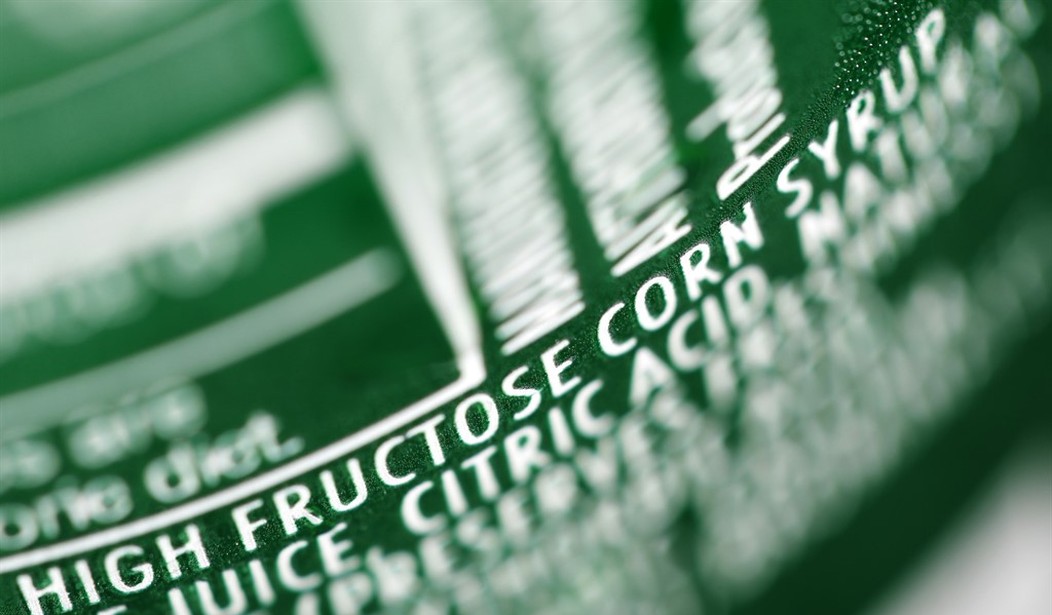The following findings shouldn’t come as a surprise to anyone who follows this stuff closely — sugar, particularly the refined sugar added to industrial foods, being the devil — but here we go.
By way of background, the methodology for this study was, if slightly tenuous, quite interesting.
The United Kingdom, which has kept relatively high-quality public health records for centuries at this point, rationed sugar during the Second World War.
Related: Are Cheerios Chemically Castrating the American Public?
Then, more or less overnight, the spigot got turned back on and the luxury-starved British public went hog-wild. The results per the study we’ll quote coming up are simultaneously unsurprising and damning of the culinary crack that is sugar.
Via Science.org (emphasis added):
In 1953, the United Kingdom got its sweet tooth back, ending the rationing of candies and sugar that had begun during World War II. Hordes of people descended on candy stores and started to sweeten more of their foods at home. Within the year, the nation’s sugar consumption doubled.
Now, a team of researchers has turned this sharp shift in the British diet into a vivid demonstration of how sugary diets in early life undermine long-term health. Combining food surveys and sugar sales from the 1950s with medical records of adults from the UK Biobank database, the team found that people conceived or born after 1953 had higher risks of type 2 diabetes and hypertension decades later than those born during rationing…
“It’s a fascinating study,” says Edward Gregg, an epidemiologist at the Royal College of Surgeons in Ireland. “Although we know … sugar influences diabetes risk, to have a natural experiment like this wherein you have a whole population under a [dietary] restriction, followed by a dramatic change and in turn a big impact on diabetes and hypertension, I think is pretty profound.”
The biomedical industry, of course, would much rather you take the FDA’s criminal dietary advice and go on ahead and heap the processed sugar on nice and heavy, so as to ensure a new lifetime customer with every newborn.
A spoonful of sugar, as they say, makes the medicine go down.
Related: Big Pharma Markets Weight Loss Drugs as Unemployment Cure, Demands Government Subsidy
Via Science.org (emphasis added):
We examined the impact of sugar exposure within 1000 days since conception on diabetes and hypertension, leveraging quasi-experimental variation from the end of the United Kingdom’s sugar rationing in September 1953. Rationing restricted sugar intake to levels within current dietary guidelines, yet consumption nearly doubled immediately post-rationing. Using an event study design with UK Biobank data comparing adults conceived just before or after rationing ended, we found that early-life rationing reduced diabetes and hypertension risk by about 35% and 20%, respectively, and delayed disease onset by 4 and 2 years. Protection was evident with in-utero exposure and increased with postnatal sugar restriction, especially after six months when solid foods likely began. In-utero sugar rationing alone accounted for about one third of the risk reduction.
Now, find me any patented drug that could achieve a 35% reduction in diabetes risk, and all you would see from now until the rapture is wall-to-wall commercials advertising this blockbuster new miracle cure.
Yet, when all it takes is less sugar intake to achieve the same outcome… crickets.
One would expect Public Health™ officials to be screaming these remarkable statistics from the rooftops on a loop — interview after interview in media.
I wonder why they don’t.
I wonder why all we ever hear in the way of health advice is more drugs.
You can put the pieces together however you like.










